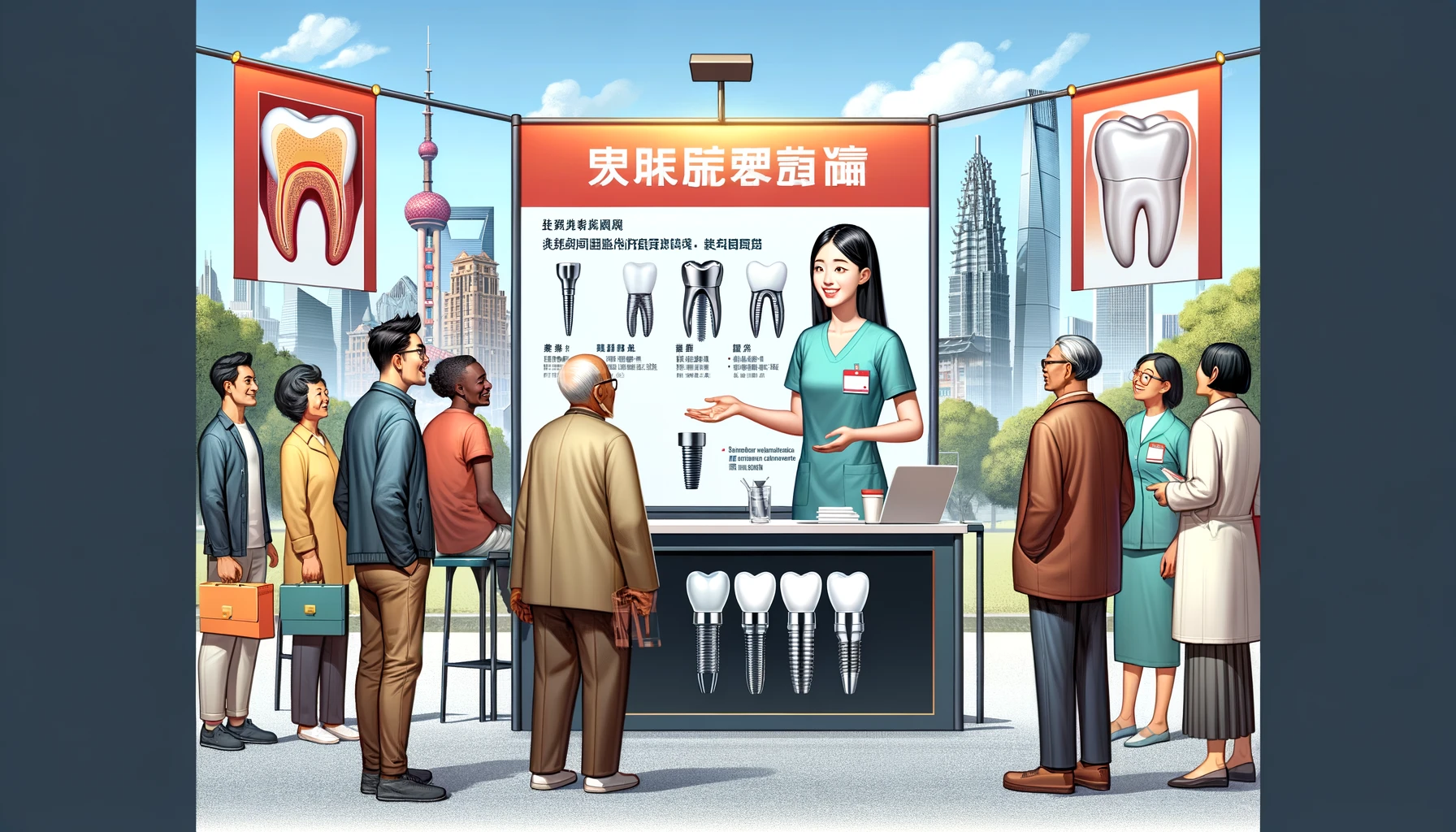Maintaining good oral health is essential for your overall well-being, and regular dental cleanings play a vital role in this process. But how often should you really be sitting in that dentist’s chair for a professional cleaning? This guide will explore the factors that influence dental cleaning frequency, standard recommendations, and why these cleanings are so crucial for your oral health.
The Importance of Regular Dental Cleanings
Before diving into how often you should get your teeth cleaned, it’s essential to understand why these cleanings are so important. Professional dental cleanings performed by a dentist or dental hygienist go beyond what you can achieve with regular brushing and flossing at home.
Dr. Sarah Johnson, a board-certified periodontist, emphasizes the value of these visits: “Professional cleanings remove plaque and tartar buildup that can lead to tooth decay and gum disease. They also allow us to detect early signs of oral health issues before they escalate.”
Key Benefits of Regular Dental Cleanings:
- Removal of Plaque and Tartar: Essential for preventing cavities and gum disease.
- Early Detection: Identifies potential oral health issues before they become serious.
- Fresh Breath: Eliminates bacteria that cause bad breath.
- A Brighter Smile: Polishing removes stains, enhancing your smile.
- Cost Savings: Prevents more serious dental problems that could lead to expensive treatments.
Standard Recommendations for Dental Cleaning Frequency
The Six-Month Rule: Fact or Fiction?
For decades, the standard recommendation has been to get a dental cleaning every six months. This twice-yearly schedule has become ingrained in many people’s minds as the golden rule of dental care. But is it based on scientific evidence?
Dr. Michael Chen, a general dentist with over 20 years of experience, notes, “While the six-month interval works well for many patients, it’s not universally applicable. Some people may need more frequent cleanings, while others might do fine with annual visits.”
American Dental Association Guidelines
The American Dental Association (ADA) takes a more nuanced approach to dental cleaning frequency. Instead of recommending a specific interval, the ADA advises that the frequency of dental visits should be tailored to each individual’s oral health needs. Factors to consider include:
- Current oral health status
- History of gum disease or tooth decay
- Risk factors for dental problems
- At-home oral care routine
This personalized approach ensures that you receive the care you need without unnecessary treatments.
Factors Influencing Dental Cleaning Frequency
Several factors can influence how often you should get a dental cleaning. Understanding these can help you work with your dentist to determine the best schedule for your needs.
Oral Health Status
Your current oral health is a significant factor in determining cleaning frequency. If you have a history of gum disease or frequent cavities, you may require more frequent cleanings.
Risk Factors for Dental Problems
Certain risk factors can increase your likelihood of developing oral health issues, necessitating more frequent cleanings:
- Smoking or tobacco use
- Diabetes
- Pregnancy
- Certain medications that reduce saliva flow
- A weakened immune system
Personal Oral Hygiene Habits
Your at-home oral care routine plays a crucial role in determining how often you need professional cleanings. Those who maintain excellent oral hygiene may be able to extend the time between visits.
Signs You May Need More Frequent Cleanings
While your dentist will provide personalized recommendations, here are some signs that you might need more frequent dental cleanings:
- Bleeding or swollen gums
- Persistent bad breath
- Visible tartar buildup
- Stained or discolored teeth
- Sensitivity to hot or cold
If you experience any of these symptoms, consult with your dentist about potentially increasing the frequency of your cleanings.
The Dental Cleaning Process: What to Expect
Understanding what happens during a dental cleaning can help alleviate any anxiety and prepare you for your appointment. A typical professional dental cleaning includes several steps:
- Physical Exam: The dental hygienist will examine your mouth for any obvious issues.
- Plaque and Tartar Removal: Using special tools, the hygienist will remove plaque and tartar from your teeth and along the gum line.
- Professional Flossing: The hygienist will floss between your teeth to remove any remaining plaque or debris.
- Polishing: Your teeth will be polished to remove surface stains and make them smooth.
- Fluoride Treatment: A fluoride treatment may be applied to help protect your teeth against decay.
- Dental Exam: The dentist will perform a thorough examination of your teeth and gums.
Potential Side Effects of Dental Cleanings
While dental cleanings are generally safe and beneficial, some people may experience minor side effects such as:
- Temporary sensitivity to hot and cold
- Sore or tender gums
- Slight bleeding of the gums
Dr. Johnson reassures patients that “these side effects are typically mild and short-lived,” usually subsiding within a few days after the cleaning.
Benefits Beyond Clean Teeth
The advantages of maintaining a regular dental cleaning schedule extend beyond aesthetics:
- Prevention of Gum Disease: Regular cleanings help prevent gingivitis and periodontitis.
- Early Detection of Oral Health Issues: Dentists can spot early signs of decay or even oral cancer during routine cleanings.
- Improved Overall Health: Good oral health is linked to better overall health outcomes.
- Cost Savings: Regular cleanings can prevent serious issues that lead to costly treatments.
How to Maintain Oral Health Between Cleanings
While professional cleanings are essential, maintaining good oral hygiene between visits is equally important. Here are some tips:
- Brush your teeth at least twice a day with fluoride toothpaste.
- Floss daily to remove plaque between teeth.
- Use an antiseptic mouthwash to reduce bacteria.
- Eat a balanced diet while limiting sugary snacks.
- Avoid tobacco products.
- Replace your toothbrush every 3–4 months or sooner if bristles are frayed.
Special Considerations for Different Age Groups
Children and Teenagers
Children may need more frequent cleanings due to higher cavity risks from sugary diets and orthodontic treatments.
Adults
Adults should maintain regular cleaning schedules based on their individual risk factors.
Seniors
Older adults may require more frequent cleanings due to increased risks associated with gum disease and dry mouth from medications.
The Role of Insurance in Dental Cleaning Frequency
Dental insurance can significantly influence how often people get their teeth cleaned. Many plans cover two cleanings per year, aligning with the traditional six-month rule. However, Dr. Chen advises against letting insurance dictate your care needs; if you require more frequent visits due to health conditions, discuss options with your dentist.
Conclusion
The frequency of dental cleanings should be personalized based on individual oral health needs and risk factors. While the traditional recommendation of twice-yearly cleanings works well for many people, some may benefit from more frequent visits while others might only need annual check-ups.
The key is collaborating closely with your dentist to determine the best schedule for you. Regular check-ups combined with good at-home oral hygiene practices are essential for maintaining both a healthy mouth and a beautiful smile. Remember, prevention is always better than cure when it comes to dental health!
Don’t hesitate—schedule an appointment with your dentist today to discuss your optimal cleaning frequency and address any concerns about your oral health. Your smile will thank you!















